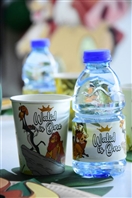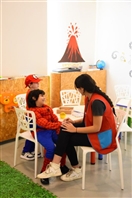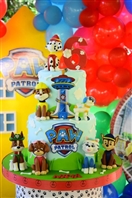Why Art Therapy?
Art Therapy is the use of art to express feelings, emotions and perceptions through the production of visual and sensory symbols. It is based on the principle that visual symbols and images are one of the most natural forms of communication to humans.
Art therapy, sometimes called expressive art or art psychology, encourages self-discovery and emotional growth. Art therapy is also considered as a diagnostic tool for the identification of specific types of mental and emotional illnesses, as well as traumatic events.
Art therapy can help to develop emotional, cognitive, relational, and motor skills. Art therapy can improve communication (both verbal and nonverbal), promote relaxation, improve focus, foster expression, reduce anxiety, provide a sense of accomplishment, help build a sense of self, increase self-esteem, and teach interpersonal skills.
1- Who benefits from Art Therapy?
Art Therapy is predominantly useful for children with limited language and communication skills, behavioral issues and other special needs. Art therapy is also valuable for adolescents and adults who are unable or unwilling to verbalize thoughts and feelings.
Art therapy can help children to process experiences of grief, trauma, life transitions, birth of a sibling, parental separation or divorce, injury or accident, emotional issues (fear, anxiety, depression, self-esteem, anger, etc.), disabilities physical, learning or invisible, hyperactivity, adoption, behavioral issues (aggression, withdrawal, impulsivity, tantrums, mutism etc.), etc.
Teenagers benefit from Art Therapy to process unresolved conflicts in family relationships, anxiety, eating disorders, substance abuse, depression, trauma, developmental challenges, and identity based questions, emotional issues, social concerns, and others.
2- Benefits of Art Therapy:
Fine motor skills: Material used and tasks required in sessions can help with fine motor control, as well as tactile defensiveness. Many children with sensory integration challenges benefit greatly from this aspect of art therapy because the art process lends itself to new and pleasurable sensory experiences. The therapist uses different resources to elicit different responses.
Self-discovery: Art therapy can trigger an emotional sense of relief and wellbeing through the recognition and acknowledgement of subconscious feelings. Emerging and recurrent symbols expressed and analyzed in art work can help to make unconscious experiences and feelings conscious.
Self-expression: One of Art therapy's primary goals is providing a safe outlet to express and communicate what is sometimes difficult to put in words. Expressing oneself through Art activates the whole brain and fosters integration of emotional, cognitive, and sensory processes.
Personal fulfillment: Tangible rewards can build confidence and nurture feelings of self-worth. Art therapy provides children with a means to experience success through gaining new skills and achieving.
Creativity: Art Therapy activates the right side of the brain responsible for creativity and the ability to use our intuition. Adding such creative therapy to other forms of counseling can aid in the learning of coping skills that are often lacking in conditions like Attention Deficit/Hyper Activity Disorder, Autism Spectrum Disorder and Conduct Disorder.
Empowerment: Art therapy enhances the use of existing strengths to build further skills which can help in managing difficult emotions and circumstances. Research has shown that art therapy can help students feel in control. A study that paired academic assistance with weekly art therapy sessions found that the addition of art therapy contributed positively to the social-emotional adjustment of children with learning difficulties.
Relaxation and stress relief: Different techniques used in Art Therapy such as guided imagery can be a potent stress reliever. Emotions and art are closely connected; making art can aid in uplifting one's mood.
Symptom relief and physical rehabilitation: Art therapy can also help individuals cope with pain and promote physiological healing.
3- Difference between Arts and Crafts session and Art Therapy sessions at S-miles center:
You don't need to be an artist, or to know how to paint or even how to draw to engage in Art Therapy session.
Unlike Arts and Crafts sessions, Art Therapy sessions involve two parts of which creating art work and then analyzing its meaning. Children are expected to visualize, and then create, the thoughts and emotions that they can't express verbally. The outcome is then reviewed, and its meaning is interpreted by both the child and the therapist. The analysis of the artwork typically enables individuals to gain some level of insight into their feelings and allows them to work through these issues in a constructive manner.
An art teacher educates students about techniques. An art therapist encourages art-making to reduce problems related to learning and emotional adjustment. Art therapy enables a child to explore personal problems through physical activity and sensory integration. During Art Therapy sessions the focus is not on the product rather on the processes. The goal is not to use art techniques and tools in order to create a piece that can be exhibited in school or a museum. Children are rather encouraged to concentrate on how it feels to paint, build, draw, or sculpt. Children are asked to sweep a brush across a canvas to foster motor skills. Drawing a picture of a memory enhances analytic and sequential operations, logic, and abstraction. Working through the sequence of steps needed to complete an art task requires attention skills and working memory. Art therapist shows curiosity towards a child's work rather than judge the outcome.
S-miles Center offers both Art Therapy sessions and Arts and Crafts sessions. Goals vary according to individual needs.
For more info please don't hesitate to contact us on +961 71 74 74 54
Please follow us on:
Facebook: http://www.facebook.com/SpecialMiles Twitter: https://twitter.com/Special_Miles Instagram: https://www.instagram.com/special_miles Youtube: S-miles (Special Needs Activity & Tutoring Center)
Special Miles
MOST POPULAR
RELATED ALBUMS
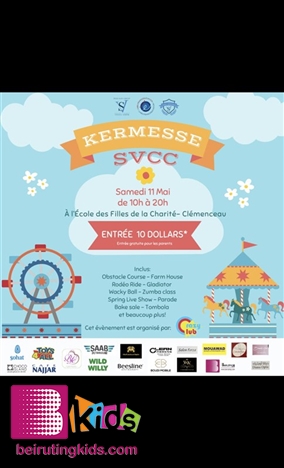
Kermesse SVCC
Activity
11 May 2024
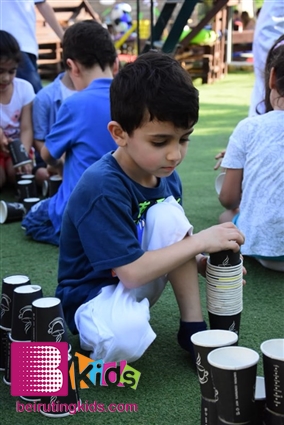
Happy Birthday Christian
28 May 2022

Bouffons Mothers Day gathering
24 Mar 2022
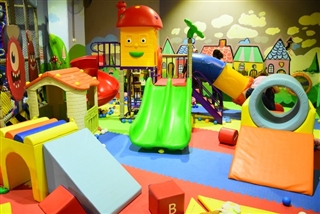
Fun Square Lebanon
27 Sep 2021
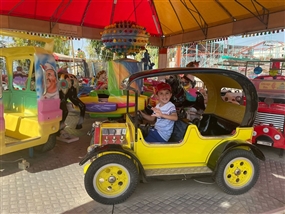
Dream Park Lebanon
29 Aug 2021

Paragliding In Lebanon
Activity
31 Dec 2020
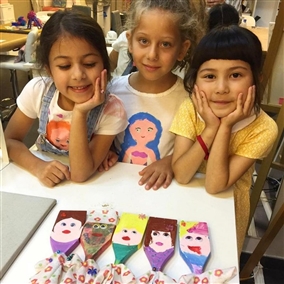
Arts And Crafts At Alwan Salma
Activity
31 Jul 2020

Weekly Bible Study
Activity
30 May 2020
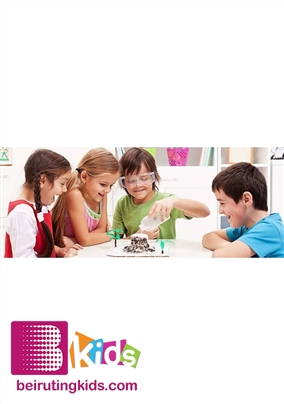
Science Experiments For Children
Activity
28 Mar 2020

CITYKART: Indoor Karting at CityMall
Activity
31 Jan 2020
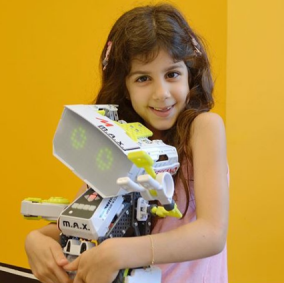
Intro To Hardware
Activity
31 Jan 2020
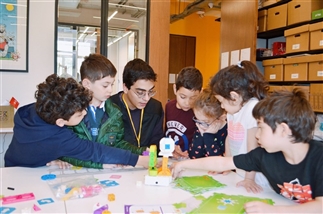
Blocking Coding 2
Activity
31 Jan 2020

Dance for Kids And Adults
Activity
08 Jan 2020

The Frozen City
Activity
05 Jan 2020

Lets learn dance & get chance to perform
Activity
31 Dec 2019
FEATURED EVENTS

Public Photos
Dans La Ferme A Mathurin
Mar 07, 2020

Public Photos
Once Upon a December 2
Dec 28, 2019

Public Photos
Saint Vincent De Paul Christma ...
Dec 22, 2019

Public Photos
Christmas Story telling
Dec 25, 2019
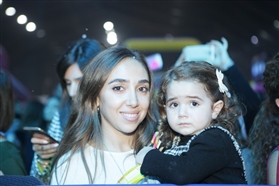
Public Photos
The Frozen City Ice World Tour
Dec 18, 2019

Public Photos
CITYKART: Indoor Karting at Ci ...
Jan 31, 2020

Public Photos
Arts And Crafts At Alwan Salma
Jul 31, 2020
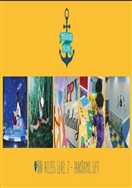
Public Photos
Fun At Treasure Island
Dec 31, 2019

Public Photos
Blocking Coding 2
Jan 31, 2020

Public Photos
Intro To Hardware
Jan 31, 2020
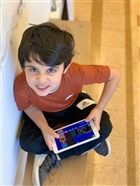
Public Photos
Intro Into Scratch
Dec 14, 2019
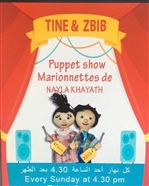
Public Photos
Tine et Zbib Marionette
Dec 15, 2019
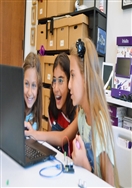
Public Photos
Java Script for kids
Dec 30, 2019

Public Photos
Dance for Kids And Adults
Jan 08, 2020
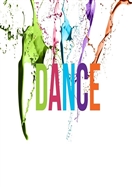
Public Photos
Dance therapy
Mar 31, 2020
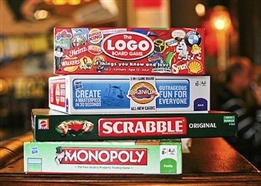
Public Photos
Logic Board Games
May 31, 2020
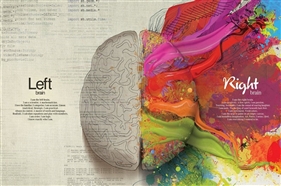
Public Photos
Art Therapy Classes
May 31, 2020

Public Photos
Weekly Bible Study
May 30, 2020
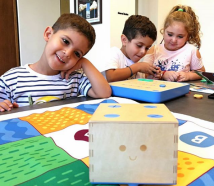
Public Photos
Blocking Coding Event
Dec 14, 2019

Public Photos
Happy Baptism Baby Antoine
Apr 21, 2021
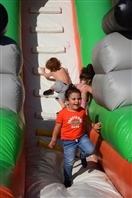
Public Photos
Bouffons au Domaine de Mar Cha ...
Jul 06, 2021
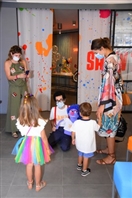
Public Photos
Casa del Puppet Birthday celeb ...
Jul 21, 2021
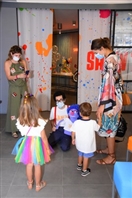
Public Photos
Casa del Puppet Birthday celeb ...
Jul 23, 2021
-210811120346393.jpg)
Public Photos
Happy Birthday princess Lara
Aug 10, 2021
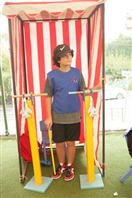
Public Photos
KinderCamp Kermesse
Aug 13, 2021
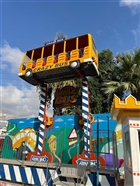
Public Photos
Dream Park Lebanon
Aug 29, 2021
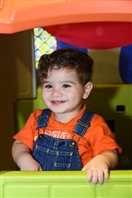
Public Photos
Fun Square Lebanon
Sep 27, 2021

Public Photos
Ghiwa Merchak and Michel Hani ...
Oct 01, 2021
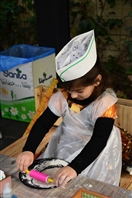
Public Photos
Bouffons Halloween event
Nov 01, 2021

Public Photos
Magic Everywhere
Dec 10, 2021

Public Photos
Magic Everywhere
Dec 12, 2021

Public Photos
Magic Everywhere
Dec 17, 2021

Public Photos
Magic Everywhere
Dec 23, 2021

Public Photos
Magic Everywhere
Dec 10, 2021

Public Photos
Magic Everywhere
Dec 12, 2021

Public Photos
Magic Everywhere
Dec 17, 2021

Public Photos
Magic Everywhere
Dec 23, 2021
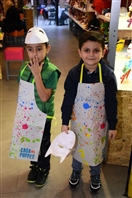
Public Photos
Happy birthday Nicolas
Nov 29, 2021

Public Photos
Happy birthday Nicolas
Nov 29, 2021

Public Photos
Bouffons Christmas Party
Dec 03, 2021

Public Photos
Bouffons Christmas Party
Dec 03, 2021
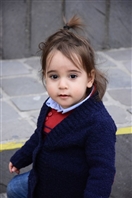
Public Photos
Bouffons at Batroun capitale d ...
Dec 06, 2021
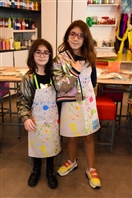
Public Photos
Happy Birthday Celia
Dec 11, 2021

Public Photos
Magic Everywhere Christmas Fai ...
Dec 12, 2021

Public Photos
Happy Birthday Kyra
Mar 08, 2022

Public Photos
Bouffons Mothers Day gathering
Mar 23, 2022

Public Photos
Bouffons Mothers Day gathering
Mar 24, 2022
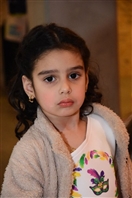
Public Photos
Happy Birthday Helena
Mar 26, 2022
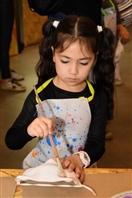
Public Photos
Happy Birthday Nay
Apr 12, 2022
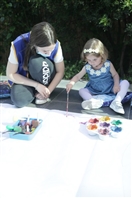
Public Photos
Les Joyeuses Paques des Bouffo ...
Apr 16, 2022
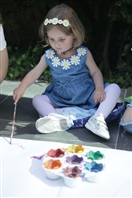
Public Photos
Les Joyeuses Paques des Bouffo ...
Apr 16, 2022
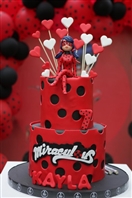
Public Photos
Happy Birthday Kayla
Apr 18, 2022
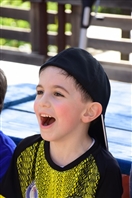
Public Photos
Happy Birthday Noah
Apr 18, 2022
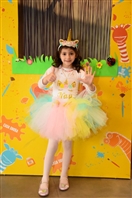
Public Photos
Happy Birthday Nay
Apr 22, 2022

Public Photos
Happy Birthday Peter
May 02, 2022
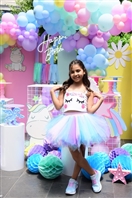
Public Photos
Happy Birthday Elena
May 25, 2022
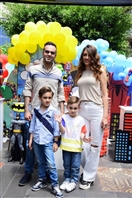
Public Photos
Happy Birthday Wissam
May 25, 2022
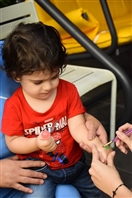
Public Photos
Happy Birthday Jospeh
May 30, 2022
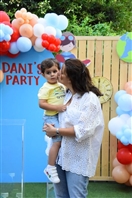
Public Photos
Happy Birthday Dany
Jun 30, 2022

Public Photos
Only Top Kids modeling agency ...
Jun 30, 2022

Public Photos
Happy Birthday Nay and Jude
Aug 09, 2022
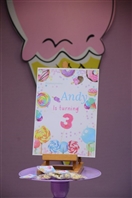
Public Photos
Happy Birthday Andy
Aug 24, 2022
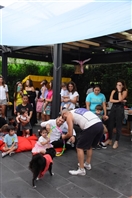
Public Photos
Happy Birthday Claudia
Sep 03, 2022

Public Photos
Happy Birthday Charbel
Sep 19, 2022
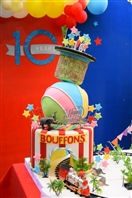
Public Photos
Happy 10th Anniversary Bouffon ...
Sep 26, 2022
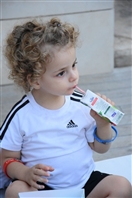
Public Photos
Happy Birthday William
Oct 12, 2022
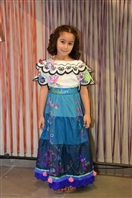
Public Photos
Yasmine's Birthday at Casa del ...
Oct 16, 2022
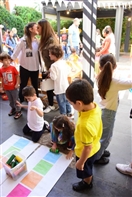
Public Photos
Happy birthday Ralph
Oct 23, 2022
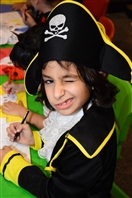
Public Photos
Spooky Halloween by Bouffons B ...
Oct 30, 2022
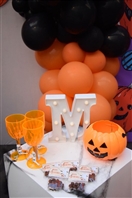
Public Photos
Happy Birthday Malek
Oct 30, 2022
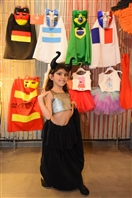
Public Photos
Birthday celebration at Casa d ...
Nov 04, 2022
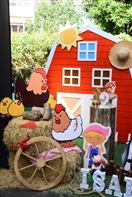
Public Photos
Happy Birthday Isabella
Nov 06, 2022
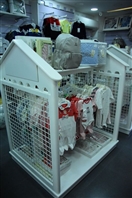
Public Photos
Le petit Mignon opening in Jbe ...
Nov 13, 2022
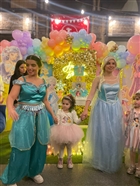
Public Photos
Happy Birthday Jane
Nov 21, 2022
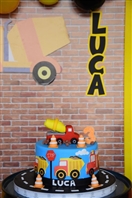
Public Photos
Happy Birthday Luca
Nov 28, 2022

Public Photos
Bouffons Christmas event openi ...
Dec 08, 2022
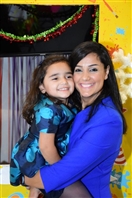
Public Photos
Happy Birthday Rhea at Casa de ...
Dec 20, 2022

Public Photos
Happy Birthday Ayla
Dec 25, 2022
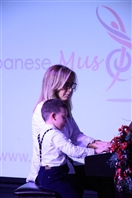
Public Photos
Lebanese Music School Christma ...
Dec 30, 2022
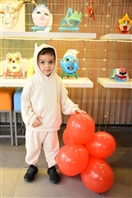
Public Photos
Kinan Birthday at Casa del Pup ...
Jan 09, 2023
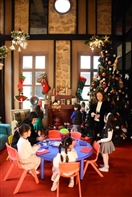
Public Photos
Happy Birthday Edwin
Jan 09, 2023
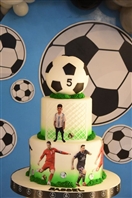
Public Photos
Happy Birthday Bassel
Jan 16, 2023
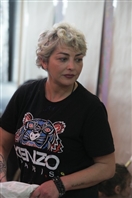
Public Photos
Happy Birthday June
Mar 04, 2023
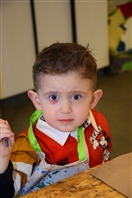
Public Photos
Happy Birthday Charbel
Mar 06, 2023

Public Photos
Happy Birthday Alex
Mar 19, 2023
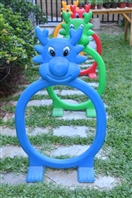
Public Photos
Bouffons First Fiesta at Kalil ...
Apr 03, 2023
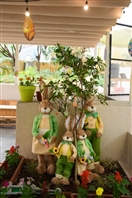
Public Photos
Les joyeuses paques des bouffo ...
Apr 09, 2023
Public Photos
Super Mario Avant premiere at ...
Apr 15, 2023
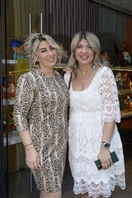
Public Photos
Happy Birthday Rai
Apr 24, 2023
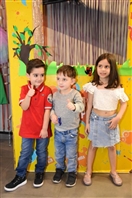
Public Photos
Happy Birthday Marwan
Apr 24, 2023
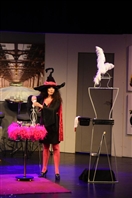
Public Photos
Ma Sorcière Préférée
May 27, 2023
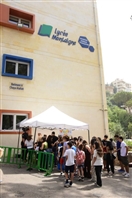
Public Photos
La Kermesse du Lycée Montaigne
Jun 03, 2023

Public Photos
Koton Grand Opening at City Ce ...
Jun 03, 2023
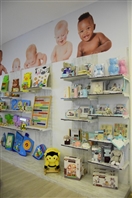
Public Photos
Baby Buzz Grand Opening
Jun 08, 2023
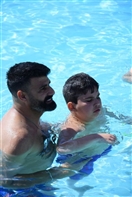
Public Photos
Happy Birthday Yahya
Jun 22, 2023

Public Photos
Graduation 2023 at Village du ...
Jun 26, 2023
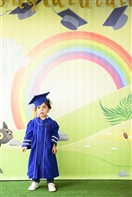
Public Photos
Garderie Coco et Cinelle Gradu ...
Jul 03, 2023
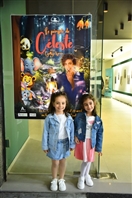
Public Photos
Le périple de Céleste - Bouffo ...
Apr 10, 2024
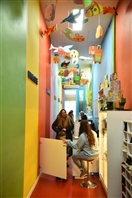
Public Photos
Happy Birthday Kaï James
Mar 11, 2024
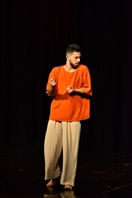
Public Photos
Liberation Dance Show by Zirka
Mar 03, 2024

Public Photos
Chantal Goya au Liban Sur la R ...
Mar 30, 2024
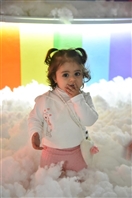
Public Photos
Trip To the North Pole with Co ...
Feb 07, 2024

Public Photos
Happy Birthday Raya
Jul 10, 2023

Public Photos
Xoxo Venue Opening
Jul 14, 2023
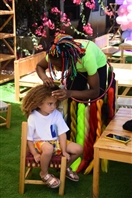
Public Photos
Bouffons Beirut New Venue Ope ...
Jul 25, 2023

Public Photos
Happy Birthday Jason
Sep 16, 2023
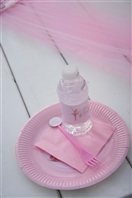
Public Photos
Happy Birthday Kaia at XoXo
Sep 21, 2023
Public Photos
Andre and Violetta Gender reve ...
Oct 01, 2023
MOST POPULAR
|
MOST VIEWED
|
|
MOST LIKED
|
|
MOST COMMENTED
|



